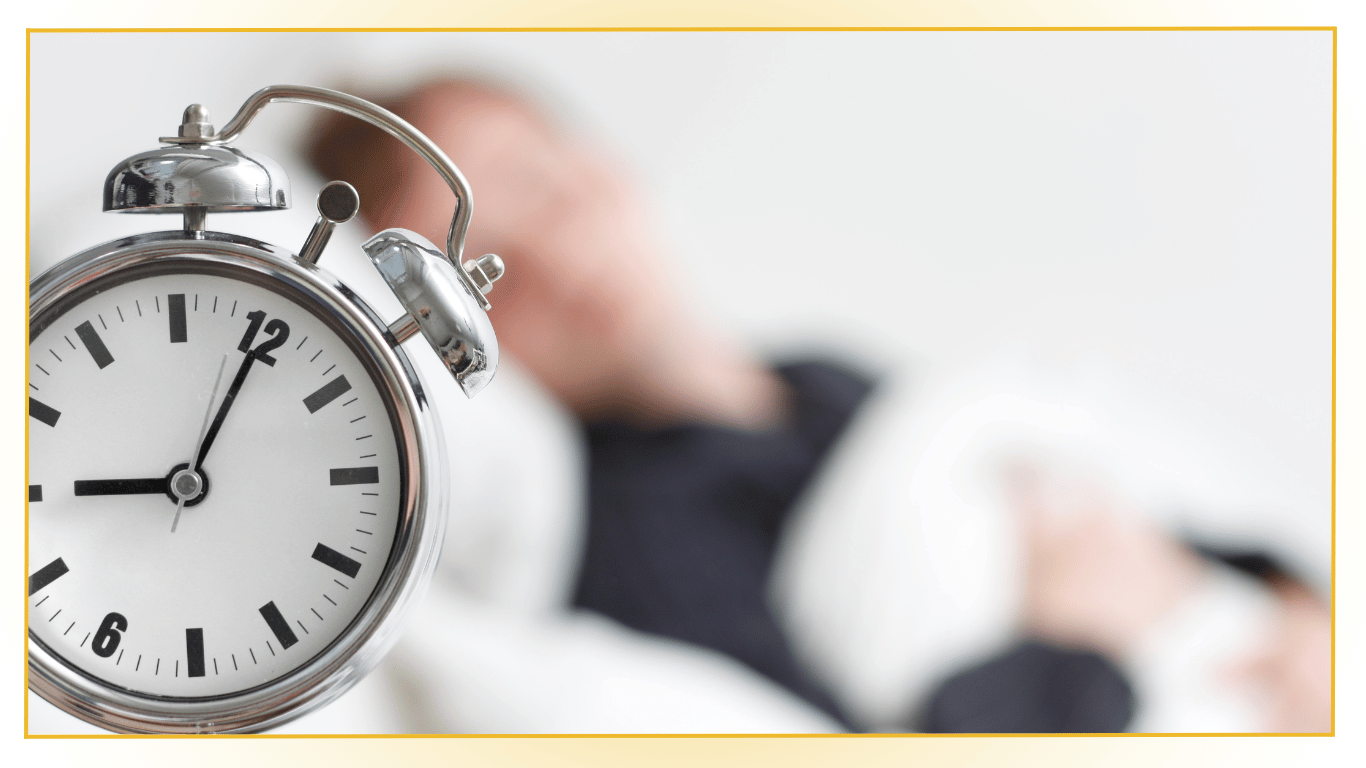
The Importance of Sleep and Recovery for Weight Loss
How Sleep Impacts Your Weight Loss Goals
Sleep and weight loss are more interconnected than you might think. Lack of sleep doesn’t just leave you feeling groggy—it can sabotage your metabolism, increase cravings, and throw your weight loss journey off track.
The Science Behind Sleep and Weight Loss
When you sleep, your body works hard to restore itself, balancing key hormones like:
- Leptin: Signals your brain when you’re full. Sleep deprivation reduces leptin levels, making you feel hungrier.
- Ghrelin: Known as the “hunger hormone,” ghrelin increases with lack of sleep, leading to overeating.
- Cortisol: Chronic sleep deprivation elevates cortisol levels, which can promote fat storage, especially in the abdominal area.
Reduced Sleep Slows Your Metabolism
Your metabolism doesn’t just work during the day—it’s constantly processing energy. Poor sleep disrupts this process, slowing down your metabolism and reducing your body’s ability to burn calories efficiently.
Pro Tip: Aim for 7–9 hours of quality sleep per night to keep your metabolism in check and support weight loss efforts.
The Role of Recovery in Weight Loss
Recovery is more than just resting—it’s about giving your body the time it needs to heal and grow stronger. Without proper recovery, your weight loss efforts can plateau or, worse, lead to injury and burnout.
Why Recovery Matters
- Muscle Repair: Exercise creates tiny tears in your muscles, which heal and grow stronger during recovery.
- Inflammation Reduction: Recovery helps reduce inflammation caused by physical activity and stress.
- Energy Restoration: Proper recovery replenishes glycogen stores, giving you the energy for your next workout.
Sleep as the Ultimate Recovery Tool
Sleep is when your body does its most significant recovery work. During deep sleep stages, your body:
- Produces growth hormone, which is essential for muscle repair and fat metabolism.
- Reduces inflammation, which supports overall health and weight loss.
Tips to Improve Sleep Quality for Better Weight Loss Results
Quality sleep is non-negotiable when it comes to weight loss and recovery. Here are actionable tips to improve your sleep hygiene:
Create a Sleep-Friendly Environment
- Darken Your Room: Use blackout curtains to block light.
- Cool It Down: Keep your bedroom temperature between 60–67°F for optimal sleep.
- Eliminate Noise: Use a white noise machine or earplugs if needed.
Establish a Bedtime Routine
- Wind Down with Relaxation: Try reading, meditating, or stretching before bed.
- Avoid Screens: The blue light from devices can interfere with your body’s production of melatonin, the sleep hormone.
- Consistent Schedule: Go to bed and wake up at the same time daily—even on weekends.
Nutrition and Sleep
- Avoid heavy meals, caffeine, and alcohol close to bedtime.
- Include sleep-promoting foods like almonds, bananas, and warm chamomile tea in your evening routine.
Modern Recovery Tools to Support Your Weight Loss Journey
While sleep is the cornerstone of recovery, modern wellness solutions can further enhance your weight loss results by optimizing how your body recovers from stress and exercise.
Flowpresso for Relaxation and Recovery
Flowpresso combines compression, heat, and infrared technology to improve lymphatic drainage, reduce inflammation, and enhance overall recovery. It’s a powerful addition to your wellness toolkit.
Red Light Therapy for Muscle Recovery
Red light therapy boosts circulation, reduces muscle soreness, and promotes faster recovery after exercise. It’s an excellent option for anyone looking to stay consistent with workouts.
Emsculpt Neo for Fat Reduction and Muscle Building
While recovery focuses on rest, devices like Emsculpt Neo work on building muscle and reducing fat simultaneously, helping you achieve your weight loss goals faster.
Common Sleep and Recovery Mistakes to Avoid
Even with the best intentions, some habits can interfere with sleep and recovery. Avoid these pitfalls to maximize your efforts:
Overtraining Without Proper Rest
Pushing your body too hard without recovery time can lead to injuries, fatigue, and stalled progress.
Skipping Cool-Downs After Workouts
Cooling down helps your body transition from exercise mode to recovery mode. Stretching and deep breathing post-workout are essential.
Ignoring Sleep Apnea
Sleep apnea is a common sleep disorder that affects quality sleep and overall health. If you suspect you have it, consult a healthcare provider.
Prioritize Sleep and Recovery for Sustainable Weight Loss
Weight loss is a marathon, not a sprint, and prioritizing sleep and recovery is the key to long-term success. By understanding the vital role these factors play in your journey, you can optimize your efforts and feel stronger, healthier, and more energized.
From improving your sleep hygiene to incorporating modern recovery tools like Flowpresso and Emsculpt Neo, there are countless ways to support your body and mind. Remember, weight loss isn’t just about what you do during the day—it’s also about how you rest and recover at night.
Ready to unlock the full potential of sleep and recovery in your weight loss journey?
explore personalized solutions for your goals
Contact A New You Weight Loss Clinic today



